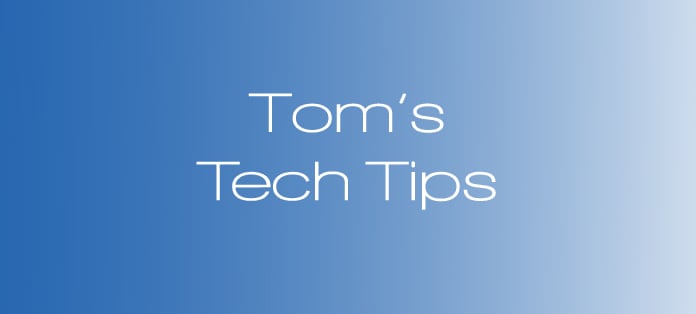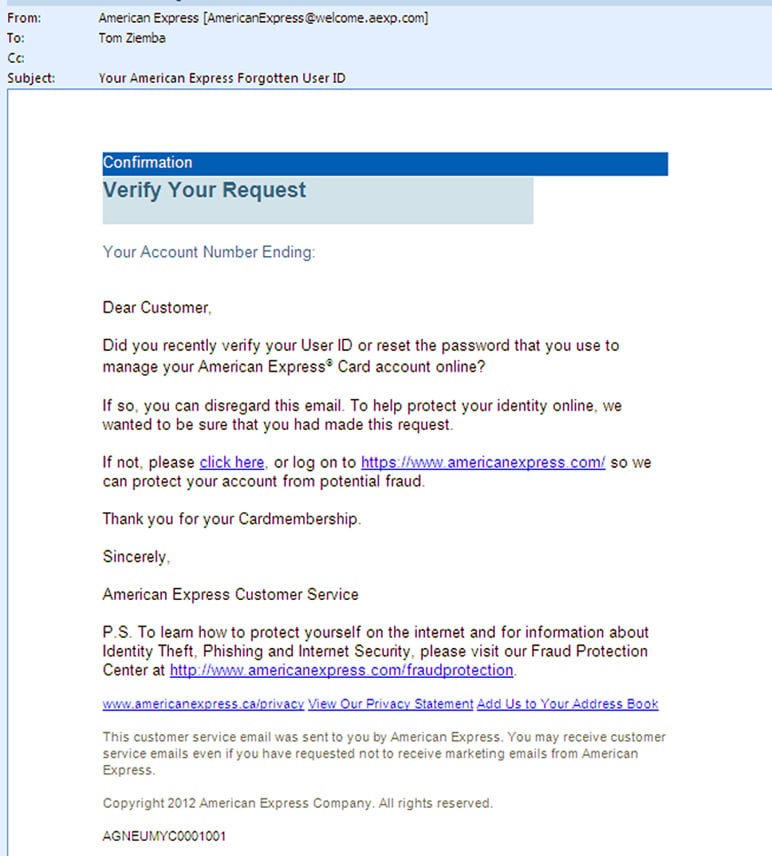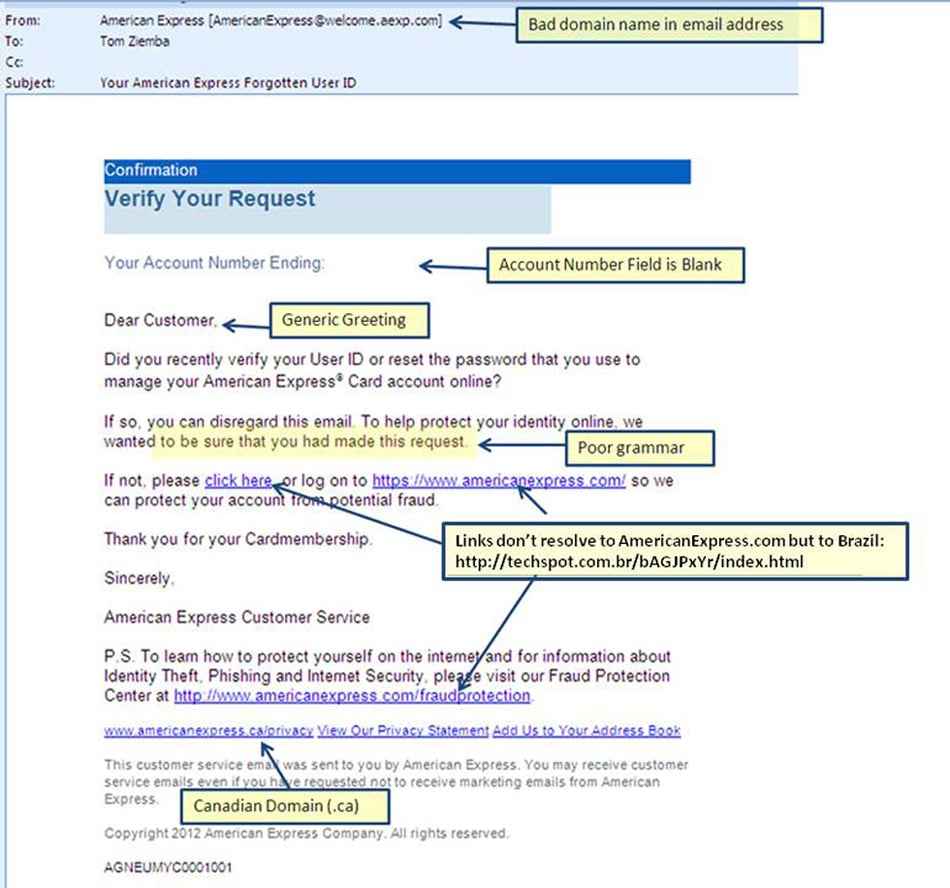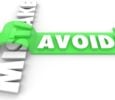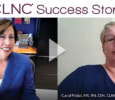Yesterday malware was the word of the day. Malware is harmful software that can be downloaded onto your legal nurse consulting business’s computer simply by visiting a “poisoned” website or even clicking on a link in a fake advertisement in your search engine results. By using the Microsoft® Malicious Software Removal Tool and setting your computer to automatically update Windows® and all your Microsoft products Certified Legal Nurse Consultants can cut your risk appreciably.
More frightening to my CLNC® amigos than malware should be “phishing” attacks. Phishing is an “opt-in” form of fraud. A CLNC® consultant receives a legitimate-looking email purportedly from your bank, credit card company, eBay® or even some bank you’ve never heard of asking you to confirm your account details. One common PayPal® phishing ploy claims that you’ve added a new email address to your PayPal account and asks you to log in and confirm it while another claims that you’ve sent a payment for an eBay auction to someone you’ve never heard of and asks you to confirm it.
When you log in to the website the email links to, you are really logging in to a look-alike site that captures your information and allows the party to hijack or empty your accounts.
Here’s a phishing attack I received that purported to be from a major credit card company. It took me a few minutes to realize it was a fake:
Want to know how? Take a look at the steps I followed:
- Always read the “from” email address carefully and think before you click on any links – the name portion of the address may look real but the actual domain name in the email address will be incorrect.
- Mouse-over the links in the email and wait to see the balloon telling you where the link you’re about to visit really points to. Often the phisherman starts with a real email and adapts it, adding his own content and links creating a mixture of real, bad and mismatched links.
- Poor grammar is another tip off. Not all phishermen speak or write American English all that well (of course many Americans don’t either) and make odd mistakes or use strange phrases.
- If your email client allows it, view the source code on the email and see the html code for the suspect links.
- Finally, remember that your bank, credit card companies, credit union, eBay and PayPal all know your passwords. They won’t ask you to confirm them. Instead visit the real website by typing in the address yourself and checking the URL carefully.
Take a look at the annotated phishing email below for some other tips.
Certified Legal Nurse Consultants can protect themselves and their family members from falling for phishing attacks by using just a little common sense. Always think BEFORE you click.
 Keep on Techin’,
Keep on Techin’,
Tom
P.S. Comment and share how you identify phishing emails.
